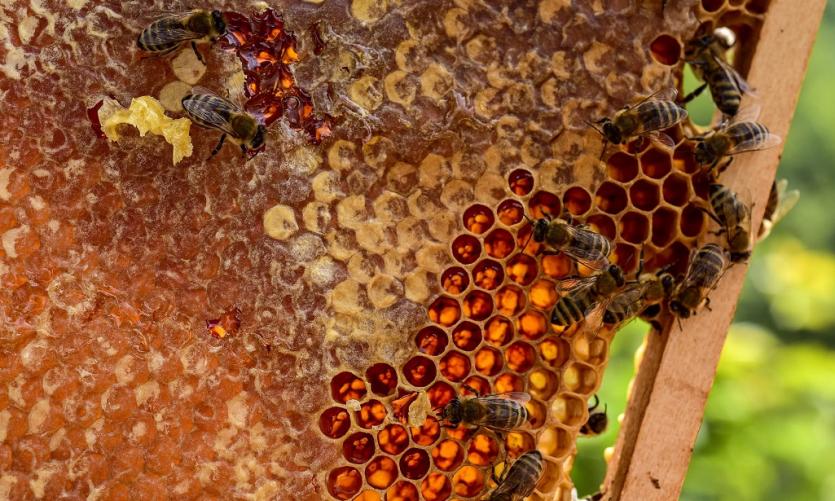Photo:EPA
By Patryk Krych | The World Daily | APRIL 2nd 2021
According to a recent study, despite a fall in the overall use of pesticides, the negative effects of pesticide usage on bees have managed to double over the course of the decade.
Given the gradual drop in the usage of pesticides over the past decade, one would expect there to be fewer bees placed in harm’s way as a result. However, a recent analysis published in the journal Science has shown there to be contradictory results to this idea.
For the study, the scientists had used official US government data on pesticide usage as well as the level of the toxicity found in each chemical. The application of 380 different pesticides used in the US throughout 1992 to 2016 was specifically studied. What they concluded from the study is that the lower volumes of used pesticides in no way accommodates for their higher levels of toxicity.
“Compounds that are particularly toxic to vertebrates have been replaced by compounds with less vertebrate toxicity and that is indeed a success,” said Prof Ralf Schulz who led the research, from the University Koblenz and Landau in Germany. “But at the same time, pesticides became more specific, and therefore, unfortunately, also more toxic to ‘non-target organisms’, like pollinators and aquatic invertebrates.”
They had also found that genetically modified crops, which were believed to require fewer uses of pesticides, actually ended up needing around the same amounts of pesticides as non-genetically modified crops.
“GM crops were introduced using the argument that they would reduce the dependency of agriculture on chemical pesticides. This is obviously not true if you look at toxicity levels,” Prof Schultz added.
The majority of modern pesticides have a much lower level of toxicity to humans, birds, and general mammals. To invertebrates, however, these toxicity levels have spiked. This can lead to far more disastrous effects on dragonflies, mayflies, and of course: on bees. The lower volumes of the pesticides used no longer matters due to the higher toxicity now being doubly as effective against culling populations of bees.
“The more we know about the problems the better, so therefore I would call our study good news,” said Prof Schulz. “It is then obviously a political and societal debate about what kind of effects we want pesticides to have or not have.”






